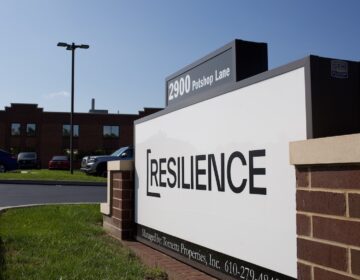What the heck is AVI?
AVI stands for “Actual Value Initiative.” That’s a boring name for the tax revolution that Philadelphia Mayor Michael Nutter is trying to lead. He wants the city to accurately assess every property in Philadelphia, pegging that assessment to the true market value of the property.
The city has spent more than two years reassessing all 579,000 residential and commercial properties in the city. That’s important because those assessments are used to calculate your property tax bill.
If this doesn’t sound controversial, you must not live in Philadelphia.
The problem is that the city’s property values have been inaccurate and unfair for years.
Under the current system, property is assessed for tax purposes as a percentage of its market value. The system for setting that percentage is so complicated that something like 11 people in all of Pennsylvania fully understand it.
And for years the city’s assessment practices had been so sporadic, slipshod and sometimes politicized that many properties were assessed well below or above the stated percentage.
It’s a mess.
The controversy arises because, inside the mess, some people whose properties are assessed well below the soaring market values of their improving neighborhoods have been enjoying a very nice tax break. This is most often the case in Center City and nearby sections such as Northern Liberties and Pennsport.
Correcting all the mistakes and inequities will mean many homeowners’ property taxes will go up — some way, way up — and others’ will go down.
Critics of AVI fear that this property-tax time bomb could stop burgeoning neighborhoods dead in their tracks. Or hurt businesses. Or send people sprinting out of the city.
At the same time, Nutter’s goal is to give the city a fair, accurate property-tax system for the first time in decades. The widespread sense that the property tax system has been wildly unfair has made it difficult for a mayor or City Council to use the tax to raise revenues for things like schools or more police.
University of Pennsylvania economist Kevin Gillen estimated recently that 262,000 households in Philadelphia are relatively overassessed — in other words, those owners are paying more than they should because of shoddy assessments. Many of them live in low- and middle-income neighborhoods, according to Gillen.
Correcting those values could finally end that injustice.
WHYY is your source for fact-based, in-depth journalism and information. As a nonprofit organization, we rely on financial support from readers like you. Please give today.




